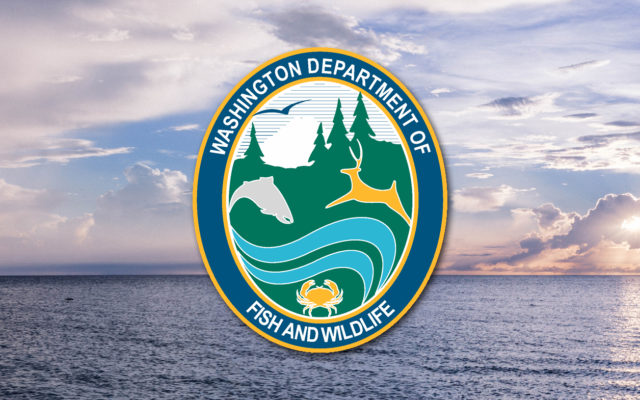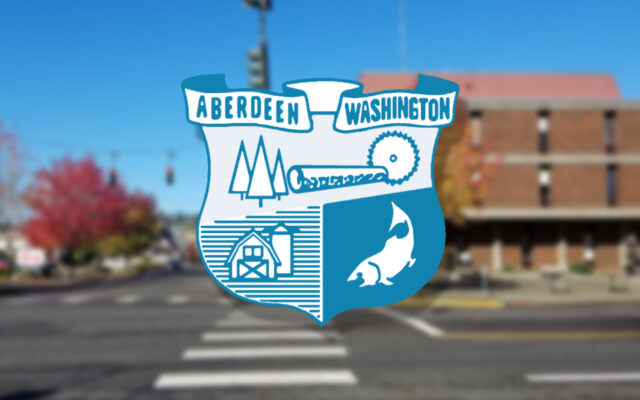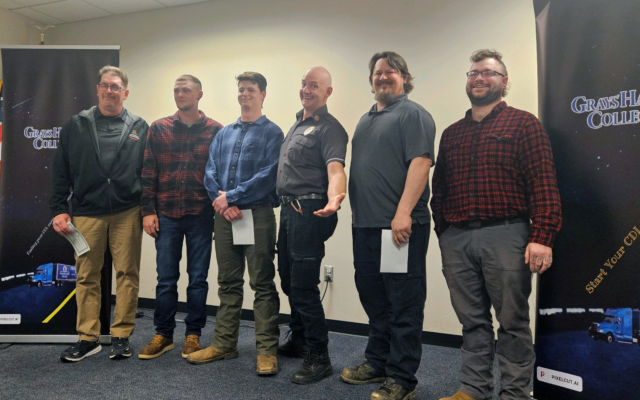Whale entanglements and other issues on WDFW agenda

The public will have an opportunity to provide comment on a proposal to modify state rules governing wildlife rehabilitation at an upcoming meeting of the Washington Fish and Wildlife Commission in Olympia.
As part of the meeting, changes to the Coastal Dungeness Crab Fishery as an effort to minimize whale entanglements will be discussed. Changes could be introduced in the future for the coastal crab fishery that extends out about four miles offshore in Washington and in the Grays Harbor, Willapa Bay, and Columbia River estuaries.
According to documents for the meeting, while there have been large whales entangled in fishing gear off the West Coast for several years, those entangled with gear in Washington were gray whales. In more recent years, however, the number of whale interactions West Coast-wide has increased from about ten per year to 45 that were confirmed in 2018, and include other species, such as humpback and blue whales.
In order to continue the fishery, WDFW says that they sent a similar letter to the National Marine Fisheries Service indicating their intent to apply for an Incidental Take Permit that would allow fishing to continue. They estimate it will take about 18-24 months to complete the application, with the review and development process taking an additional 2-3 years.
Also at the meeting, the commission will consider changes to the policy that guides statewide salmon fisheries, and will receive an update on progress in securing federal approval of a new Puget Sound Chinook Harvest Management Plan for Puget Sound.
The commission, a citizen panel appointed by the governor to set policy for the Washington Department of Fish and Wildlife (WDFW), will meet Jan. 11-12 in Room 172 of the Natural Resources Building, 1111 Washington St. SE, Olympia. The meeting will begin at 8:30 a.m. Friday and at 8 a.m. Saturday.
A full agenda is available online at https://wdfw.wa.gov/commission/meetings.html.
WDFW currently licenses 53 wildlife rehabilitators across the state to care for sick, injured and orphaned wild animals. WDFW is proposing new rules for those developed in conjunction with a 12-member advisory committee to clarify the department’s rules and make them easier to understand.
Those rules, designed to promote humane treatment and care, would apply to such practices and the transfer, transport, and release of wild animals.
In other business, WDFW will brief the commission on:
- Differences between Washington and Oregon in recreational night-fishing regulations on the Columbia River.
- The history of pronghorns and pronghorn management in the state.
- The department’s efforts to increase public awareness of the benefits of WDFW Wildlife Areas around the state.



